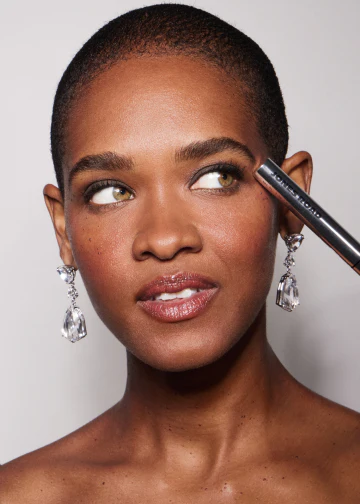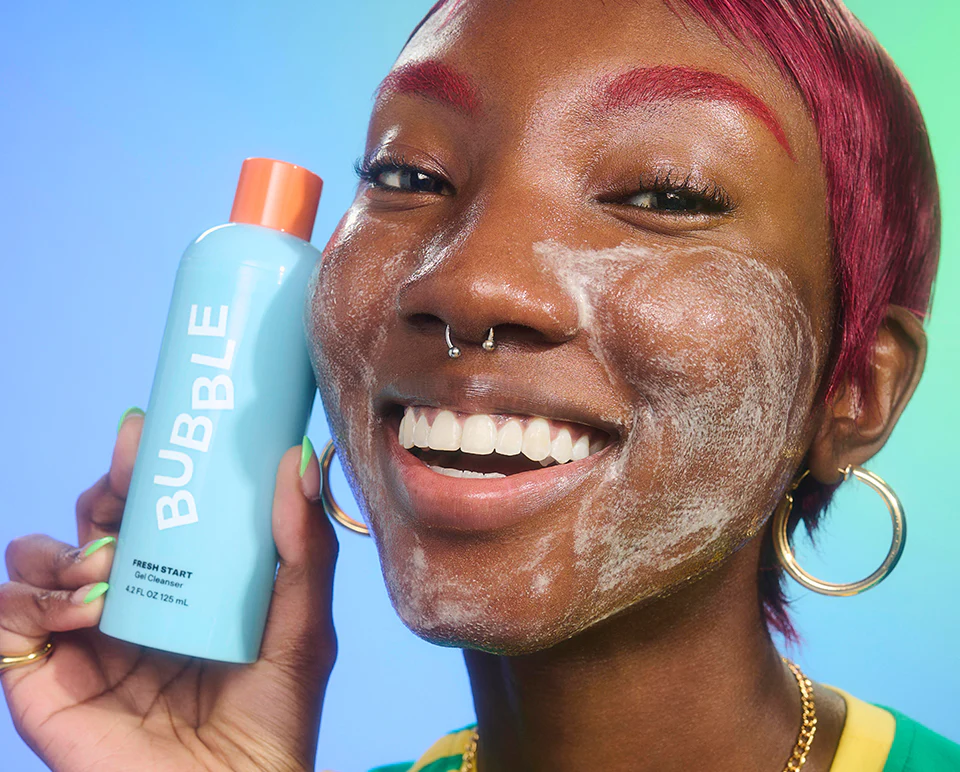
Smuuv Body is transforming at-home skincare with advanced beauty tech designed for visible results and effortless self-care. From LED Light therapy masks that boost collagen and calm redness to precision IPL devices for smooth, hair-free skin, Smuuv Body is all about empowering women with smart, high-performance skincare tools. Whether you're targeting acne, reducing fine lines, or removing hair for good, Smuuv Body blends science, convenience, and confidence—helping you feel at home in your skin, every day.

Jones Road is a clean beauty brand founded by makeup artist Bobbi Brown that sells high-grade, "no-makeup makeup" products for all skin types and tones. The brand emphasizes high-quality, clean formulations free of certain potentially harmful ingredients like phthalates, sulfates, and petrolatum. Their product range includes items such as foundation, tinted moisturizer, bronzer, and lip products.

Ocoa is a Canadian skincare brand dedicated to creating clean, high-performance products rooted in natural botanicals and science-backed formulations. With a focus on transparency and sustainability, Ocoa’s product line supports healthy skin without harsh chemicals. Their offerings are ideal for those seeking a minimalist, conscious skincare routine.

Hello Bubble is a clean skincare brand offering dermatologist-backed, gentle formulas designed for sensitive and youthful skin. Their line is vegan, cruelty-free, and avoids fragrance, harsh chemicals, and unnecessary additives to deliver safe, long-term skin benefits. Based in New York, they emphasize transparency, community feedback, and premium skincare at accessible prices.

Dermaesthetics combines Eastern herbal wisdom and Western clinical science to develop skincare solutions backed by over 500 formulas and 150 professional treatments. Their product range spans cleansers, serums, moisturizers, SPFs, and corrective treatments designed to tackle hyperpigmentation, aging, acne, and hydration issues. Manufactured in Fullerton, CA, and supported by a network of certified professionals, Dermaesthetics empowers both consumers and skincare experts with effective, research-driven products

Saavy Naturals offers handcrafted, plant-based bath and body care products made with natural, cruelty-free, and non-GMO ingredients. Their line includes luxurious body creams, scrubs, soaps, and bath bombs, all created in small batches in California to ensure the highest quality.
Direct-to-consumer skincare brands are the mavericks of the beauty industry, selling their products directly to customers without the intermediary of traditional retail stores. This business model not only cuts down on overhead costs but also allows these brands to foster a direct and personal connection with their customers. Offering a range of products from organic moisturizers to scientifically advanced anti-aging serums, D2C skincare brands have been at the forefront of innovation and personalization. They leverage social media and digital marketing to reach their audience, providing detailed product information, skincare advice, and customer reviews right at the shopper's fingertips.
In the bustling world of D2C skincare, brands like Glossier, The Ordinary, and Drunk Elephant stand out for their commitment to quality, transparency, and customer engagement. Glossier has been a game-changer with its minimalist approach, focusing on skincare essentials that champion natural beauty. The Ordinary has disrupted the market with its affordable, ingredient-focused range, demystifying skincare for the masses. Meanwhile, Drunk Elephant's dedication to clean, effective formulations has earned it a devoted following. These brands exemplify the best of D2C by offering exceptional products, transparent practices, and a deep understanding of their customer's needs and values.
The D2C skincare market is evolving rapidly, with trends such as clean beauty, personalization, and sustainability leading the charge. Clean beauty has become a non-negotiable for many consumers, driving brands to formulate products free from harmful chemicals and synthetics. Personalization is another major trend, with brands offering customized skincare routines based on individual skin types, concerns, and preferences. Moreover, sustainability has taken center stage, with an emphasis on eco-friendly packaging, ethical sourcing, and transparency. As technology advances, we're also seeing a rise in digital diagnostics tools and AI-driven recommendations, making personalized skincare more accessible and effective than ever before. These trends reflect a broader shift towards mindful consumption and a more personalized, sustainable approach to beauty.